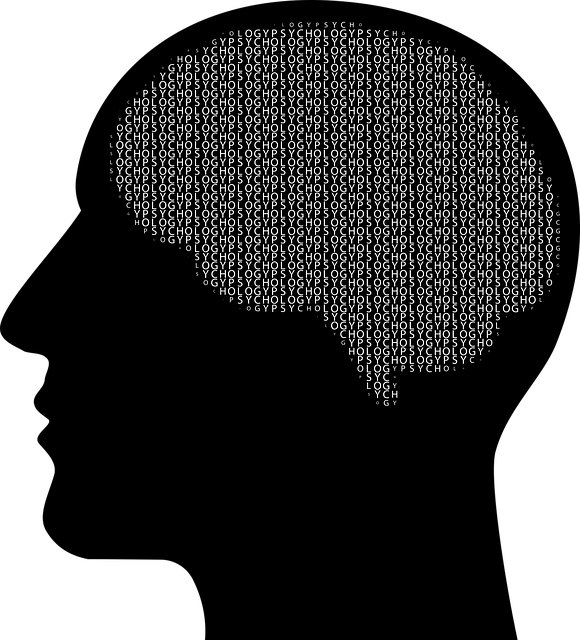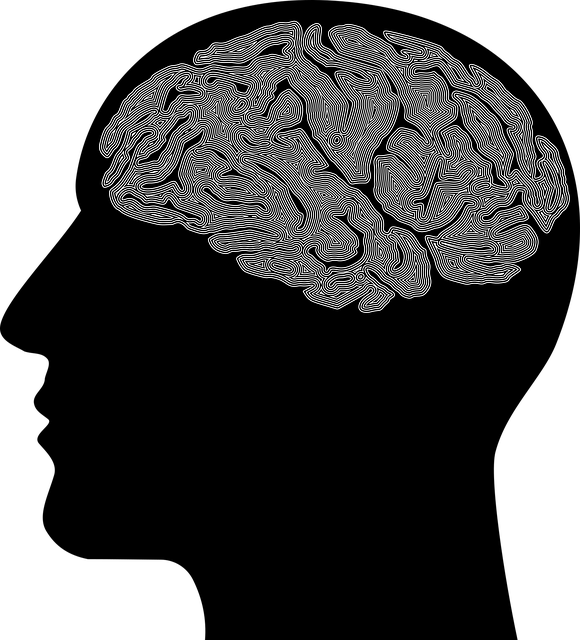Lone Tree French Speaking Therapy focuses on building mental resilience using the RFM framework (Resilience, Flexibility, Mastery) as a key component of their personalized therapy programs. This holistic approach aims to empower individuals to adaptively navigate challenges, reduce stress and anxiety, and foster self-esteem growth while preventing burnout. Evaluations measure the success of Resilience and Focus on Mindfulness (RFM) exercises, ensuring tailored curriculums that promote positive mental wellness changes for clients. Lone Tree French Speaking Therapy's approach contributes to broader Mental Health Policy Analysis and Advocacy, benefiting both individuals and societal resilience.
“Unleashing resilience through innovative practices, Lone Tree French Speaking Therapy is a beacon in mental health support. This article delves into the transformative power of RFM (Recovery, Flexibility, and Mastery), a framework designed to bolster individuals’ coping mechanisms. We explore its integration within therapeutic settings, focusing on practical exercises that foster adaptability and emotional strength. By examining the impact on clients, we uncover how RFM empowers them to navigate life’s challenges, offering valuable insights for mental health professionals.”
- Understanding RFM and Its Role in Resilience Building
- Implementing Exercises to Foster Resilience at Lone Tree French Speaking Therapy
- Measuring Success: Evaluating the Impact of RFM Exercises
Understanding RFM and Its Role in Resilience Building

Resilience is a critical component of mental wellness, enabling individuals to navigate life’s challenges with adaptability and bounce back from adversity. This is where RFM (Resilience, Flexibility, and Mastery) steps in as a powerful framework. Lone Tree French Speaking Therapy recognizes that fostering resilience isn’t just about overcoming hardships; it’s about equipping individuals with the tools to thrive in the face of stress, anxiety, and life’s uncertainties.
Implementing RFM exercises goes beyond mere self-esteem improvement; it involves developing mental wellness coaching programs that target the root causes of resilience gaps. By focusing on these areas, therapies like Lone Tree French Speaking Therapy contribute to a broader Mental Health Policy Analysis and Advocacy effort, ensuring that individuals have access to effective tools for building mental resilience. This holistic approach not only benefits the individual but also has a ripple effect on community wellness and overall societal resilience.
Implementing Exercises to Foster Resilience at Lone Tree French Speaking Therapy

At Lone Tree French Speaking Therapy, we understand that building resilience is a key aspect of fostering mental wellness. Our approach involves tailored exercises designed to empower individuals and strengthen their ability to navigate life’s challenges. By integrating these practices into our therapy sessions, we aim to promote self-esteem improvement and ensure the long-term prevention of burnout.
The implementation of specific resilience-building techniques caters to diverse needs, allowing clients to develop effective coping strategies. Through a supportive environment, we guide individuals in exploring their inner strengths and resources, enabling them to overcome obstacles with enhanced confidence. These exercises are not just tools for therapy; they equip our clients with valuable skills to maintain mental wellness even outside the therapy setting.
Measuring Success: Evaluating the Impact of RFM Exercises

Evaluating the success of RFM (Resilience and Focus on Mindfulness) exercises is a crucial step in understanding their impact on individuals’ mental wellness. The effectiveness of such programs can be measured through various methods, including self-reported surveys, where participants reflect on their emotional state and resilience levels before and after the coaching sessions. These assessments provide valuable insights into how Lone Tree French Speaking Therapy’s RFM exercises contribute to clients’ overall well-being.
By comparing pre and post-program data, therapists can identify improvements in mood management and compassion cultivation practices. The development of mental wellness coaching programs heavily relies on these evaluations as they help tailor the curriculum to meet individual needs. Through successful implementation and assessment, RFM exercises have the potential to bring about positive changes, fostering resilience and emotional balance among participants.
Lone Tree French Speaking Therapy has successfully integrated RFM (Resilience, Flexibility, and Mastery) exercises into their practice, demonstrating a commitment to fostering resilience in individuals. This article explores the implementation process, highlighting how structured activities enhance coping mechanisms and overall well-being. By measuring the impact through various evaluations, the therapy center ensures that these exercises remain effective and adaptable to individual needs. The positive outcomes observed at Lone Tree French Speaking Therapy underscore the power of RFM in building resilience, offering a valuable approach for other mental health facilities to consider.












